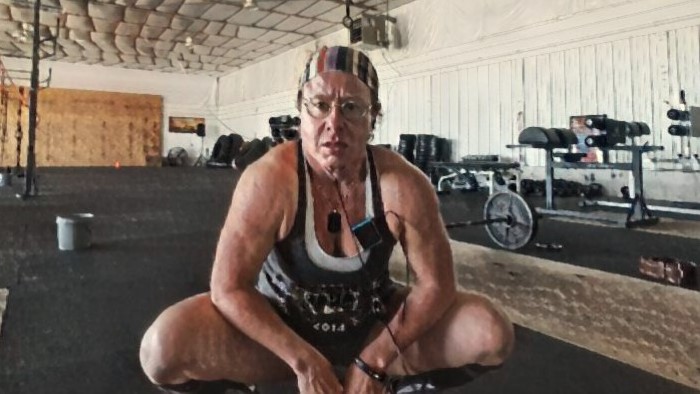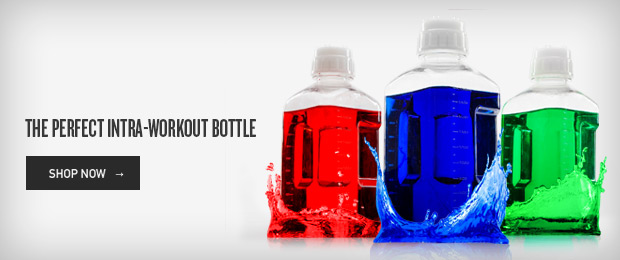
I’m interrupting the story about disrupted skills and how to fix them because I just got asked a question worth sharing. This question got asked so many times that I think it must be addressed in a firm manner:
No, don’t change the intensity: go home, drink lots of non-alcoholic fluids, eat and rest
The association between intense exercise/training and infections is well established although the exact mechanisms are unclear. Does it matter to the coach, the athlete, the director or the parents? No. What should be clear is that intense exercise creates a “danger window” of several hours after strenuous exercise when immune function is compromised. Another reason to avoid neglecting post-exercise food and fluid consumption is to avoid making this window worse than it is.
Reasons to skip a training session or stop and go home (AND tell your coach if he/she is not there):
“I think I have a little fever and I feel lethargic”
“I have a fever and runny nose”
“I have diarrhea”
“My balance is weird and I think my vision is also weird”
“I just passed out on a squat but I think it’s nothing”
“I’m vomiting”
“That little tweak I felt yesterday really hurts today”
Resting and keeping well fed and hydrated can be the difference between a short-term viral infection and a severe one. The following days or even hours should indicate if immediate medical attention is required or not.
What the athlete should NOT do is “push through” infection or a sign that a major musculoskeletal injury is probable.
Some readings:
Exercise and resistance to infection
Effects of Intensive Exercise Training on Immunity in Athletes
Upper Respiratory Symptoms, Gut Health and Mucosal Immunity in Athletes
Chapter Fifteen - Exercise and the Regulation of Immune Functions









